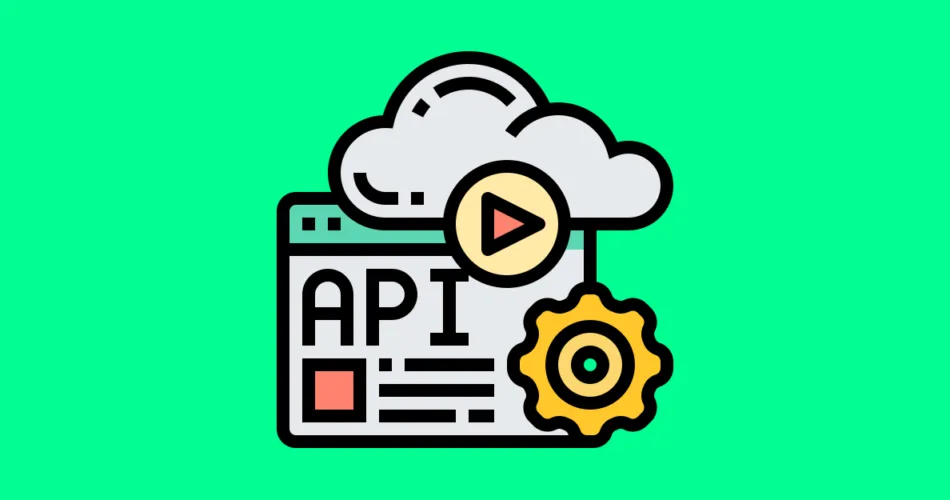In the world of Java programming, functional programming has gained significant attention due to its ability to write more concise, readable, and maintainable code. A fundamental concept in functional programming is the use of functional interfaces. In this article, we will dive deep into functional interfaces in Java, understanding their purpose, characteristics, and how they fit into the modern programming paradigm.
Understanding Functional Interfaces
A functional interface is an interface that contains only a single abstract method. It serves as a blueprint for implementing lambda expressions or method references. Since Java 8, the introduction of functional interfaces has opened up new avenues for writing more modular and expressive code.
Functional interfaces are the foundation of Java’s functional programming capabilities. They allow us to treat functions as first-class citizens, enabling operations like passing functions as arguments, returning functions from methods, and assigning functions to variables.
public interface Calculator {
int calculate(int a, int b);
}
In the above example, the Calculator interface is a functional interface since it declares a single abstract method, calculate. This interface can be implemented using lambda expressions or method references.
Why Use Functional Interfaces?
Functional interfaces provide a way to achieve a more declarative and expressive coding style. By encapsulating behavior within single-method interfaces, Java enables programmers to focus on what needs to be done rather than how it should be done.
One of the significant advantages of functional interfaces is their compatibility with lambda expressions, which allows for concise and readable code. This style of programming can lead to improved code maintainability and reduced chances of introducing bugs.
Common Functional Interfaces
Java provides several built-in functional interfaces that cover a wide range of use cases. These interfaces are part of the java.util.function package and can be readily used in various functional programming scenarios.
- Supplier: Represents a supplier of results, typically used for lazy generation of values.
- Consumer: Represents an operation that accepts a single input argument and returns no result.
- Predicate: Represents a predicate (boolean-valued function) of one argument.
- Function: Represents a function that accepts one argument and produces a result.
These functional interfaces enable developers to write code that closely resembles the mathematical concepts often used in functional programming, such as mapping, filtering, and reducing.
Using Functional Interfaces
Functional interfaces can be utilized in various scenarios where behavior needs to be passed as an argument. Let’s consider an example where we want to apply a discount to a list of prices using the Function interface.
import java.util.Arrays;
import java.util.List;
import java.util.function.Function;
public class PriceCalculator {
public static List<Integer> applyDiscount(List<Integer> prices, Function<Integer, Integer> discountFunction) {
for (int i = 0; i < prices.size(); i++) {
prices.set(i, discountFunction.apply(prices.get(i)));
}
return prices;
}
public static void main(String[] args) {
List<Integer> prices = Arrays.asList(100, 200, 300, 400);
Function<Integer, Integer> tenPercentDiscount = price -> (int) (price * 0.9);
List<Integer> discountedPrices = applyDiscount(prices, tenPercentDiscount);
System.out.println(discountedPrices); // Output: [90, 180, 270, 360]
}
}
In this example, the PriceCalculator class defines a method applyDiscount that applies a discount function to a list of prices. The tenPercentDiscount function is defined using a lambda expression and then passed to the applyDiscount method.
Benefits of Functional Interfaces
Functional interfaces provide numerous benefits to Java developers, including:
- Readability: Code written using functional interfaces is often more concise and expressive, making it easier to understand.
- Modularity: Functional interfaces promote a modular coding style by encapsulating behavior within small units.
- Flexibility: With lambda expressions, developers can define behavior at the point of use, leading to more adaptable code.
By embracing functional interfaces, Java programmers can write code that is not only efficient but also elegant and maintainable.
Conclusion
Functional interfaces are a crucial part of Java’s evolution towards supporting modern programming paradigms. By allowing the use of lambda expressions and method references, they empower developers to write clean, concise, and functional code. Understanding functional interfaces and their applications is a key step toward becoming proficient in Java’s functional programming features.
While this article provided an in-depth look at functional interfaces, it’s important to note that they are just one aspect of Java’s functional programming capabilities. To fully harness the power of functional programming, exploring other concepts such as lambda expressions, streams, and more is highly recommended.
Subscribe to our email newsletter to get the latest posts delivered right to your email.


Comments